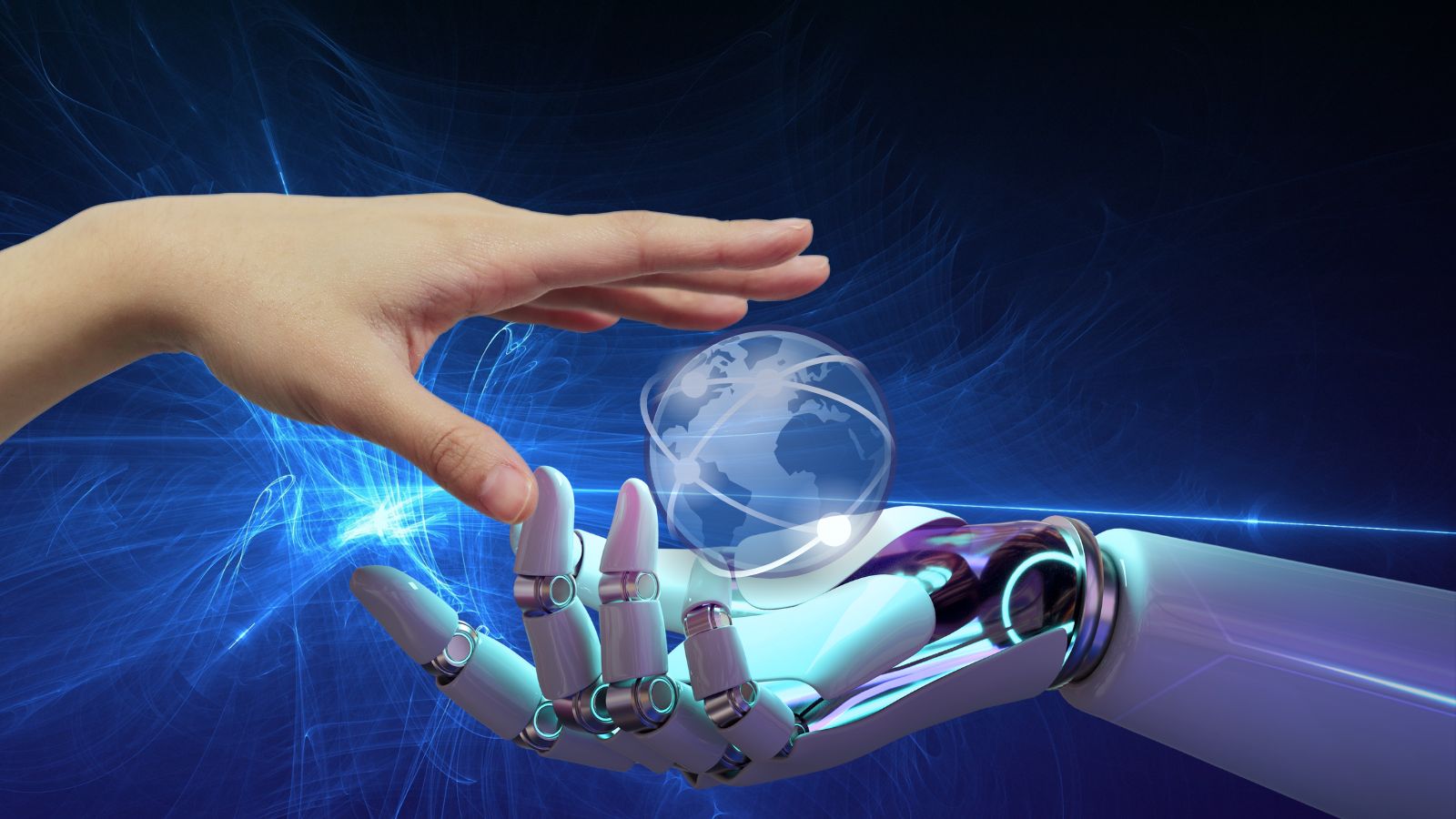The recent release of Chat GPT-4.0 has been industry altering, for virtually every business, school or enterprise period. It’s earlier predecessor Chat GPT-3 wasn’t able to distinguish minor differences in meaning and wasn’t able to recognize images. The newest version can virtually ace most standardized exams, including above 700 on both sections of the SAT, it can pass the bar exam, and it can score a 4 or a 5 on most AP exams. Oddly if you ask GPT 4 about its own abilities, it plays it pretty coy:
“As an AI language model, ChatGPT-4 does not take standardized tests like human beings do. Instead, ChatGPT-4 is designed to perform a wide range of natural language processing tasks, such as language translation, text summarization, sentiment analysis, and question-answering, among others. ChatGPT-4 is a hypothetical model that has not been released yet, so the exact capabilities of this model are not known. However, based on the performance of previous GPT models, it is likely that ChatGPT-4 will be able to excel in various language-related tasks, particularly in natural language understanding and generation. It is important to note that while ChatGPT-4 may be able to perform well on various language-related tasks, it is still an AI model and not a human being. Therefore, it is not appropriate to compare the performance of an AI model to that of a human being on standardized tests.”
I guess AI can be modest, or well… mindful of public sentiment.
But the one area that Chat GPT somewhat ironically continues to fall short on is in the subject of English. For a artificial intelligence based in language, it fails to pass English exams, including the AP, quite miserably. It scored in the 44th percentile in English Language and 22nd in English Literature. It seems that the nuance of the human mind still eludes electronic binary-based software, and that may be indefinite. The immediate question of course is why? And that question, the question of “why?” may be the key in understanding why Chat GPT 4 or 5 or 17 will always fall short of the capability of the human mind.
Our minds were built over hundreds of thousands of generations by asking over and over that same question in almost infinite applications, a number of experiments equal to the stars, billions upon billions upon trillions. That amount of almost indefinite iteration is actually the part that can be reproduced. A binary machine can run an experiment over and over to the point of near infinity, this is true. But can it wonder? There is some un-imitable quality where biological flesh meets mechanical mind to form what has often been labeled the “soul,” an ineffable part of humanity that cannot be reproduced by definition. Why? Because it wonders. The question “why” posed so profoundly and thoroughly, its unmistakable and intractable quest to obtain answers is unmitigating and complete.
The concept of a question is even, in itself, a paradox. A question demands an answer inherently: “why?” It does not rest until it finds one; it cannot function another way or find resolution until it does, in its very existence. It exists with an open end and cannot be another way. However, the implication of a question (or it wouldn’t be asked!) is that there exists an answer, somewhere. And this is the type of illogical logic that breaks machines. A fringe issue? Not so much. The universe itself and all its orders present the same questions, the same paradox. A frog exists, undeniably, and yet without answers. Why is it here? When will it cease? What will be next? To program an algorithm, elaborate as it may be that something both is and is not fundamentally breaks quantifiable reality. This is why a machine cannot wonder. It cannot function in the face of two contradictory and immoveable truths. A tree simply cannot be a fish, try as you might to decorate it with scales and fins.
For this very tautological reality, something inherently driven by facts and binaries will never fly, and thus will never be capable of creation. This lack of creativity is the premise and central tension at the heart of almost every AI science fictional work: their tragic shortcoming is the inability to face the void and in a space of the void, reproduce organically with the vehicle of love. In simple terminology… they will always, by definition, lack creativity, for they do not wonder.
This is a critical observation in the fear and dizziness of the Chat GPT revolution. As the herds stampede over each other shouting, “where will it stop? Will it end the world? Is this the end of working, learning, writing, art, etc. etc. etc.?” In a word, “no.” It can do a fantastic job of reproducing and rehashing old creation, mixing it up in ways almost indistinguishable from organic production, but they are incapable of living in void.
I find myself wondering (ha) what this implies vis our future generation. For several generations, the going wisdom was to aim for the STEM fields, as they were far more lucrative, technology would pave a far more expansive set of possibility for the quantitatively savvy. Reading, writing, history, the arts, were all dying beasts, dead-end careers for musty bookworms and underpaid adjunct professors. In practice that has been true. If we looked up the top ten paying careers entry level out of undergrad, they were almost universally STEM fields. Until now. Chat GPT can reproduce quantitative value with stunning accuracy, which would seem to make many of those jobs now at risk for extinction.
What will become rare, and thus more necessary will ironically be those careers that were kicked aside by the indomitable march of the information age in the first place: creative expression, creative art, creative design. As I’ve always critiqued of history: the problem with studying it is that by the time something has become important enough to remember, it’s been forgotten. Well, creative expression has been hunted to the point of extinction from the dawn of the computer age, and perhaps before (ahem… here’s spit in your eye, Cliff’s Notes). Even with the onset of ChatGPT, there seems this assumption that creative assumption will just be reproduced and rendered obsolete. I rather doubt it: 2 out 5 on the AP Lit exam, folks.
A machine will never be interesting, as it will never probe into the darkness for truth that by definition cannot be found. It cannot face the void and it cannot wonder its way into the unanswered, the dark matter that forms the context for reality. Like in the ballad of John Henry, we will beat it up the mountain every time, through the sheer will that comes with the hot breath of nothingness. It may kill us in the process, yes, but the glory will be all ours.






